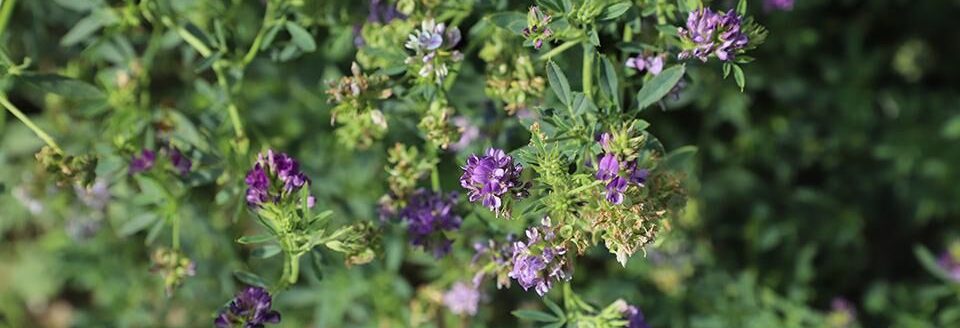Musk thistle control
With many other invasive species, the focus of our summer weed control program (sericea lespedeza comes to mind), we sometimes forget about how bad musk thistle can be for our grasslands. It’s still there, however, and just waiting for next spring to take off yet again.
Just because musk thistle is waiting for next spring doesn’t mean forage managers should do the same. Musk thistle is what is known as a biennial or winter annual. That means that they germinate in the spring, spend the summer as a rosette, live through the winter, then bolt the following summer, essentially taking two years to complete their life cycle. It’s pretty difficult to get them during the bolting stage as they get ready to enter reproduction, so focusing on the rosette stage is the key to a good control program. That focus starts this time of the year as we work to control those first year rosettes.
For many reasons, fall is often considered the optimum control window for musk thistle. For starters, the plants tend to be smaller and more susceptible to herbicides. Off-target drift potential is also reduced as most ornamentals, forest stands, and sensitive row crops are for the most part far enough along to be less sensitive to off-target herbicide movement. Unlike trying to spray for many other weeds, our application window is actually pretty wide as well, stretching until the ground is frozen and plants have shut down (earlier frosts may cause some leaf discoloration, but plants are susceptible to herbicides as long as green tissue exists).
Product options vary. 2,4-D LVE, dicamba, and picloram containing products have typically shown excellent fall control potential. Newer active ingredients like aminopyralid and metsulfuron have shown performed very well, too. If you need to treat musk thistle this fall, herbicides exist that will not only control the rosettes at the time of application, but will carryover and control new emerging rosettes next spring. If possible, select a warm, sunny day when spraying musk thistle this fall. Always read and follow label directions.
The 2018 Kansas State University Chemical Weed Control Guide has an entire section on musk thistle control, including product names and application rates. You can access a copy online at www.bookstore.ksre.ksu.edu/pubs/chemweedguide.pdf or request one from your District Extension Office.
